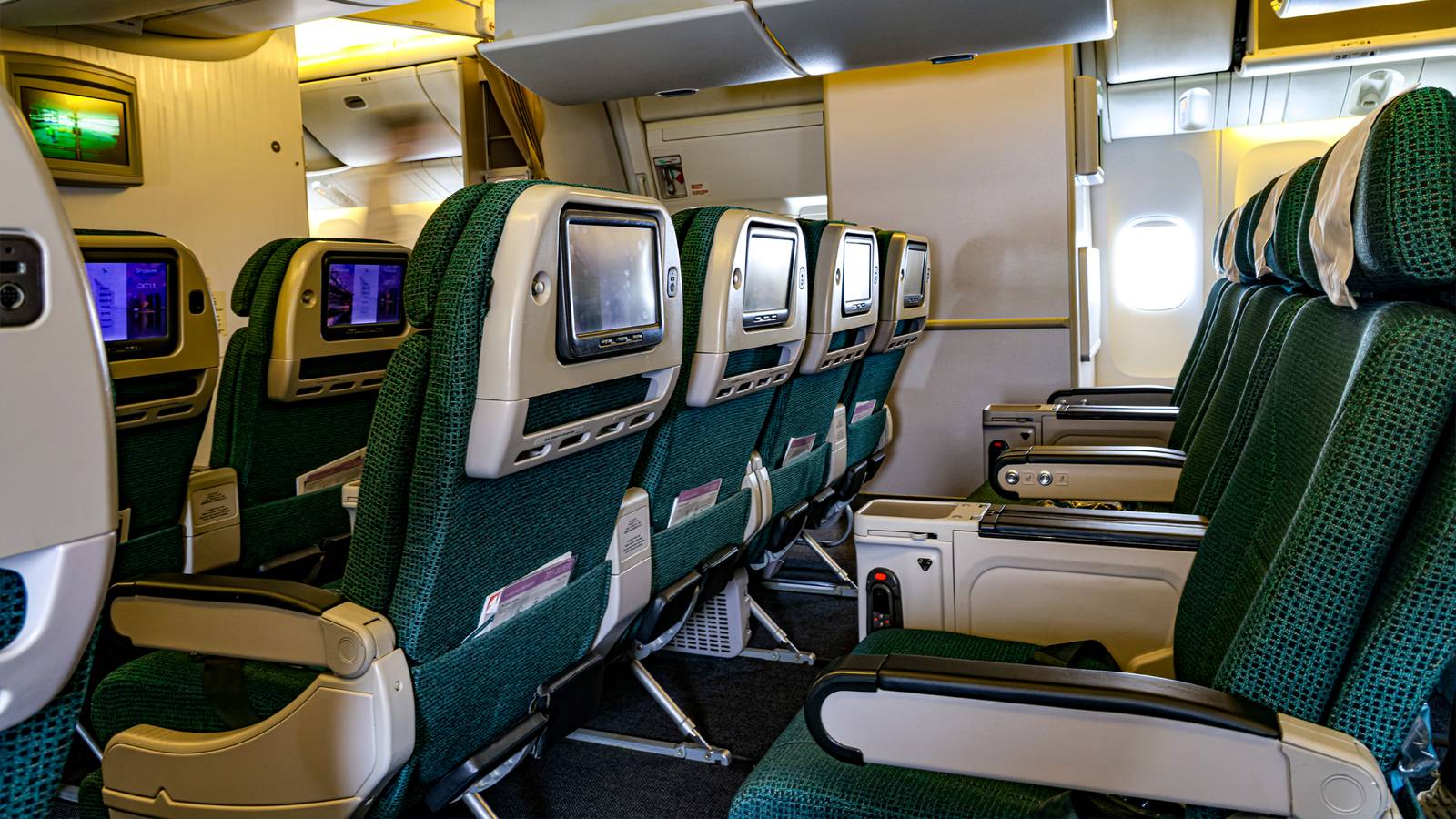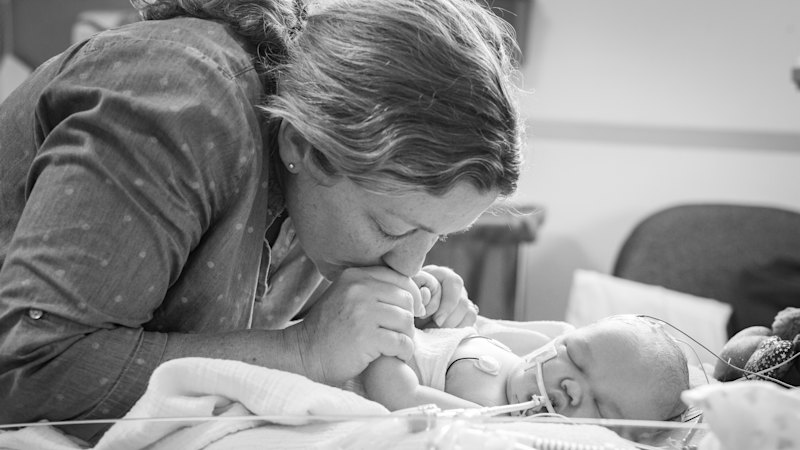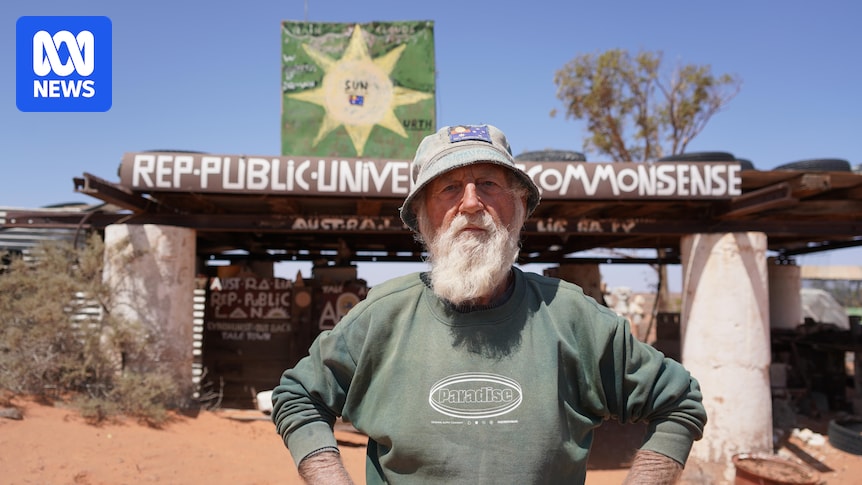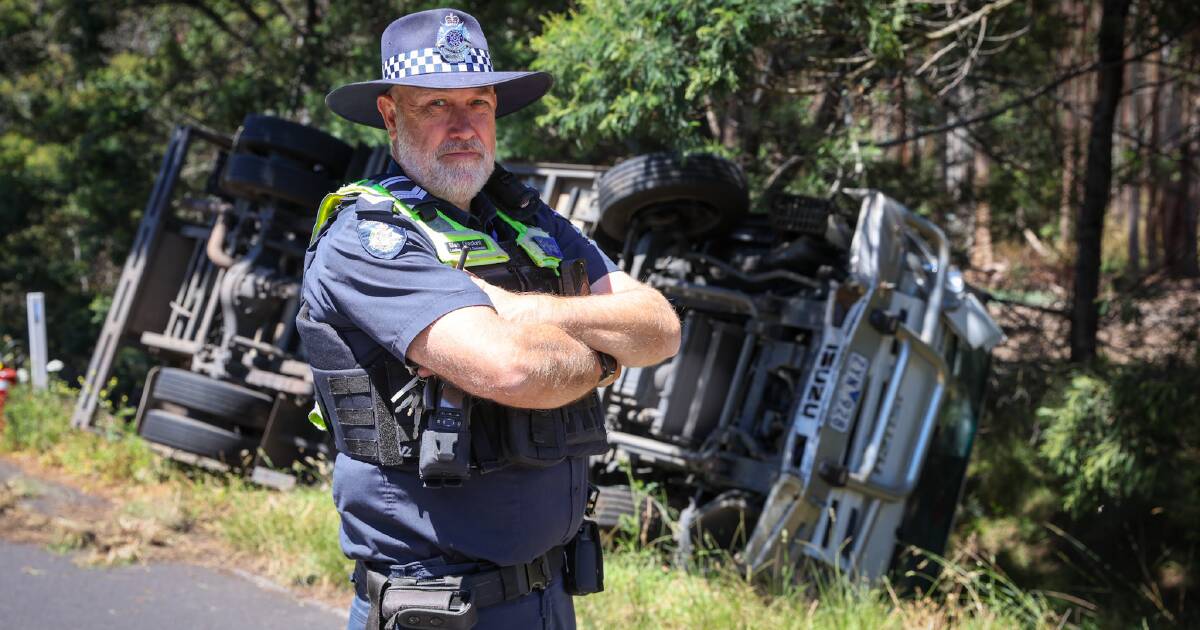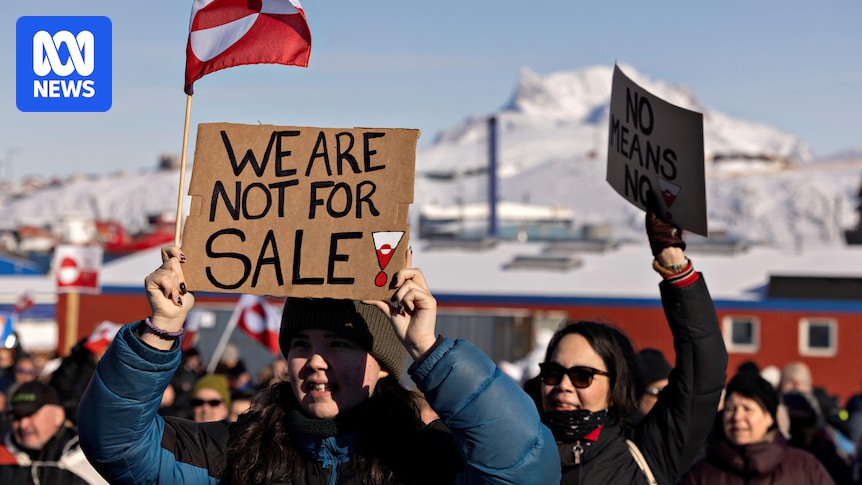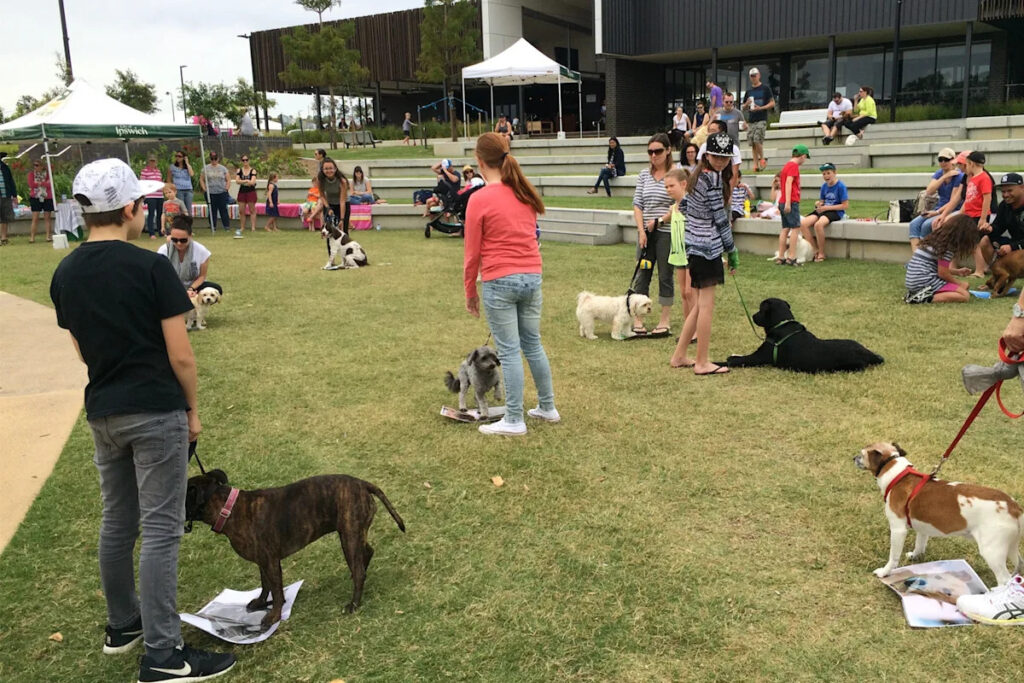
Victoria is set to double its state-mandated pet registration fee from $4.51 to $9, a move that has ignited debate across the state. The increase, effective July, is intended to bolster funding for animal welfare initiatives, including support for the RSPCA. However, critics have labeled the hike a “petty cash grab,” arguing that it adds to the financial strain on households already grappling with rising living costs.
The $9 fee represents the portion collected by the Victorian government, while local councils may impose additional charges for services or lifetime registrations. The impact on pet owners will vary, as council fees differ across the state. For instance, the City of Melbourne charges $215 for a standard dog registration, whereas Bendigo’s annual fee is $52. With 1.4 million pet-owning households in Victoria, the fee increase is expected to generate over $10 million in additional revenue annually.
Financial Strain and Political Backlash
The announcement comes as Victoria faces significant economic challenges, with the opposition criticizing the government for what they perceive as fiscal mismanagement. Shadow Treasurer Jess Wilson highlighted the state’s burgeoning debt, which reportedly increases by over $2 million per hour, and condemned the pet fee hike as a “petty cash grab.”
“Victorians are already struggling with the highest taxes in the nation — and now Labor wants to tax the family pet,” Wilson stated, as reported by The Herald Sun.
Wilson further criticized the government for exacerbating cost-of-living pressures, citing existing burdens such as GP visits, school fees, and the Emergency Services Tax. “The government should be focused on easing cost-of-living pressures, not making it more expensive to own a pet,” she added.
Government’s Justification and RSPCA’s Role
In defense of the fee increase, a Victorian government spokesperson emphasized the necessity of funding for animal welfare programs. The funds will support the RSPCA, responsible pet ownership initiatives, animal welfare research, and the enforcement of laws protecting pets.
“Critically, these fees also fund RSPCA Victoria inspectors who are on the frontline protecting animals, relieving suffering and ending cruelty across the state,” the spokesperson explained.
RSPCA Victoria has previously warned of a potential 25% rise in animal cruelty reports this financial year. Dr. Liz Walker, CEO of RSPCA Victoria, has expressed concerns about the organization’s ability to manage these cases without increased funding. The current annual funding of $2.5 million falls short of the estimated $10.8 million needed for comprehensive investigations and support, particularly for horses, poultry, and livestock.
Comparisons and Broader Implications
The move to increase pet registration fees in Victoria contrasts with initiatives in other states. For example, a Western Australian council recently announced it would waive pet registration fees to promote responsible pet ownership. The City of South Perth will forgo fees for lifetime registrations of sterilized pets and one-year registrations for unsterilized dogs, aiming to reduce unwanted litters and the number of animals in rescue centers.
The Victorian Pet Census of 2023 reported over two million cats and dogs across 1.4 million homes in the state. As the changes loom, pet owners and advocacy groups continue to debate the balance between necessary funding for animal welfare and the financial burden on households.
Looking ahead, the increased revenue from the fee hike is expected to support vital animal welfare programs, although the debate over its economic impact on families is likely to persist. The Victorian government and opposition will need to address these concerns as they navigate the state’s fiscal challenges and public sentiment.
